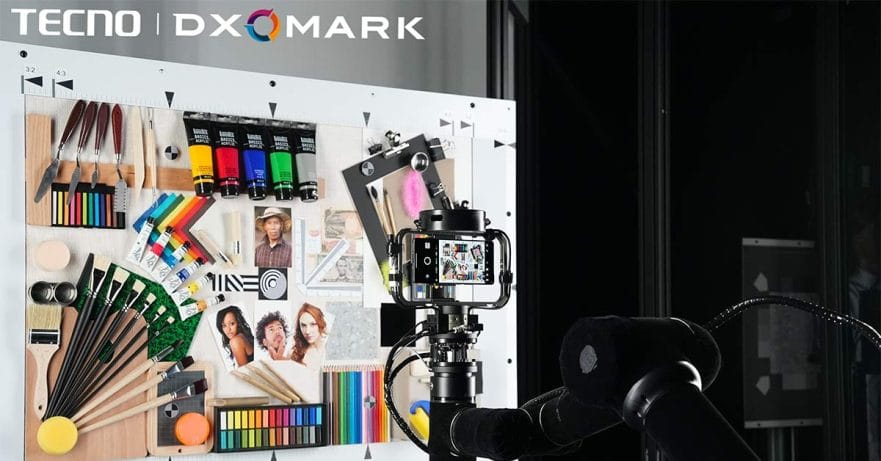Transsion Holdings subsidiary TECNO and the camera-testing gurus at Dxomark have unveiled what they’re calling a world-first: a fully automated imaging laboratory in Chongqing, China — officially named the TECNO Dxomark Joint Imaging Laboratory. Yup, they’ve essentially built a robotic system that can test and score a smartphone camera from start to finish without a human ever touching it.
If you’ve ever bought a handset based on a camera review, you’ve likely seen a score from Dxomark. For years, it has been an authority on what makes a phone camera great. But now, they’re taking the human element (and potential for error) out of the equation. This new lab, a joint venture with TECNO, uses robotic arms for micron-level precision and AI to simulate different lighting and environmental conditions. The system can run a unit through the entire Dxomark Camera V6 testing gauntlet, from setup to final report, completely on its own.
It matters because it promises more consistent and objective camera reviews. But the more exciting part is how it could make your own photos better, especially when it comes to capturing people. A core feature of the lab is its focus on “inclusive imaging.” It uses 3D head models and a wide range of scientifically calibrated color charts to represent global skin-tone diversity. The goal is to fine-tune a smartphone’s color science and texture reproduction so that everyone looks their best, regardless of their complexion.
TECNO and DXOMARK unveil the world's first Fully Automated Imaging Lab in Chongqing! Setting a new global benchmark for inclusive, precise, and standardized smartphone imaging. pic.twitter.com/JpadSFBf1R
— tecnomobile (@tecnomobile) August 28, 2025
Have a look!
This level of automation also allows for incredibly specific, regional customization. The lab can tailor its testing to match local preferences. For example, it can calibrate cameras to produce the brighter images preferred in some African markets or optimize noise reduction for the crystal-clear night shots that are popular in Southeast Asian countries like the Philippines.
By integrating this automated, data-driven approach directly into their development process, TECNO aims to rapidly improve its camera algorithms. It’s a strategic move to create smarter, more adaptive imaging solutions that are tailored for a global audience. While it’s a TECNO and Dxomark lab for now, this leap in automation should push us closer to a future where smartphone cameras are not just powerful, but universally and equitably intelligent.
Share this Post


